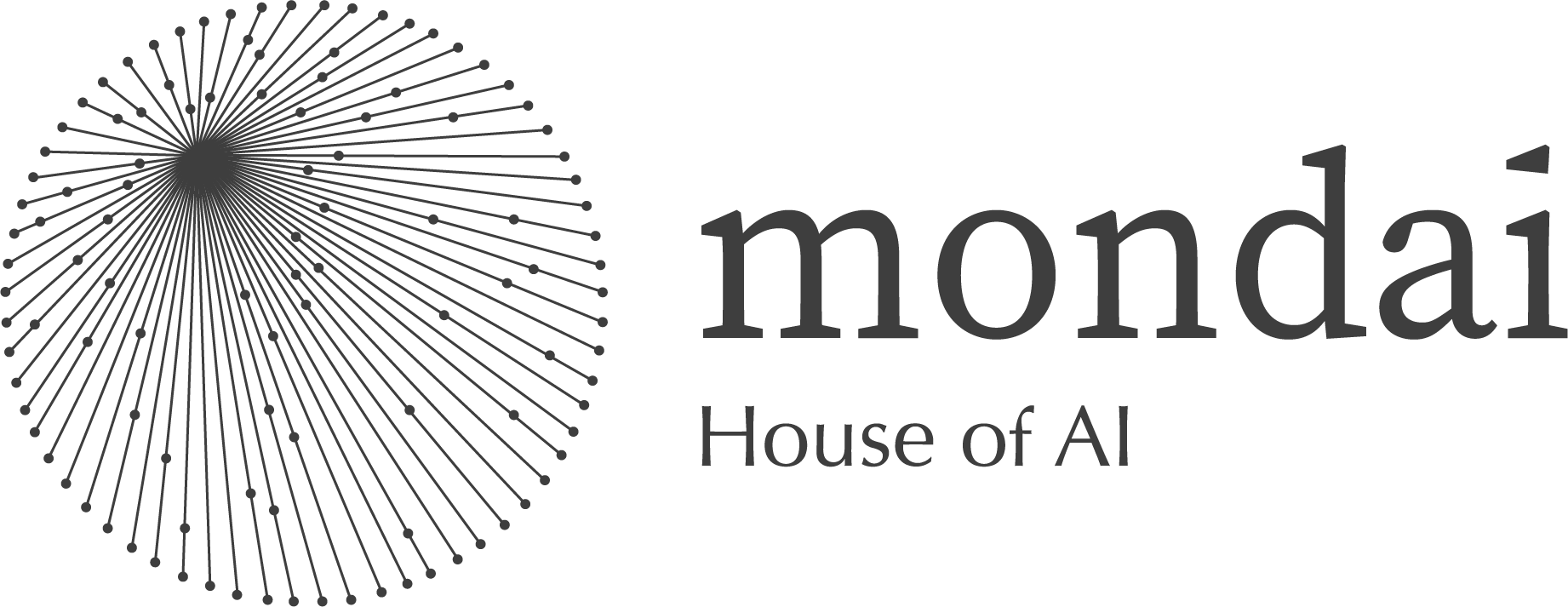
TU Delft AI Lunch – The unprecedented environmental impacts of AI: a transdisciplinary discussion
July 2, 2024 - 12:00 - 14:00
Mondai | House of AI is happy to host the next edition of the TU Delft AI Lunch:
The unprecedented environmental impacts of AI: a transdisciplinary discussion
While AI is frequently touted as a panacea for numerous global issues, including tackling chronic diseases, economic revitalization, and addressing societal needs such as national security challenges and the Climate Crisis, this narrative frequently overlooks the significant environmental impacts stemming from the increasing demand for AI tools. These costs include unparalleled demand of rare metals, massive energy expenditure and an unprecedented impact on land use, water consumption and energy systems. For instance, Microsoft’s most recent environmental report for 2022 after the launch of Open AI generative AI services reveals a significant 34% increase in its worldwide water consumption from 2021 to 2022, reaching nearly 1.7 billion gallons. Given recent accelerations in investment of new data centers, these dramatic numbers are expected to continue impacting ecosystems around the globe. During this panel, we aim to open up a discussion to bring the environmental implications of AI into integral and actionable view. We will discuss how the growing dependence of AI functionalities and their underlying computational infrastructures contributes to environmental impacts, and what is needed in science, engineering, policy making and (global) politics to acknowledge and address the steep costs associated with these impacts. We focus on how to bring together different disciplines and stakeholders across engineering, computer science, political economy and other fields to build an integral understanding of the problem and what challenges as well as actionable strategies we should pursue to curb the environmental impacts of AI.
This event includes free lunch for which registration is required (help us reduce food waste!)
Panellists
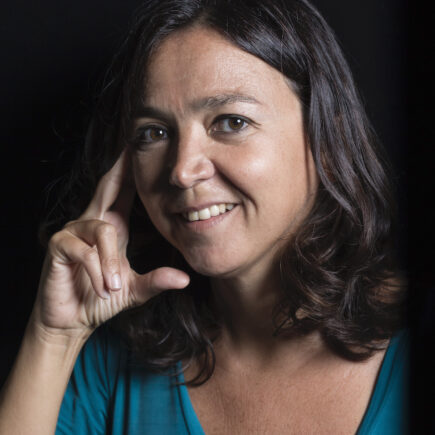
Visiting Professor at the Institute for Public Knowledge, New York University.
Benedetta’s research is grounded in a critical political economy that investigates the social,political, economic and environmental implications of data-driven communication systems and in particular the relationship between Data Capitalism, AI and the Climate Crisis. Before joining the academy, she worked as journalist in Milan, New York and London for CNBC, RAI and the Guardian. She is the author of several books including Is AI good for the Planet(2022), Amazon: Understanding a Global Communication Giant(2020), Public Service Broadcasting online (2013) and the editor of Beyond Wikileaks(2013), Carbon Capitalism and Communication: Confronting Climate Crisis(2017), Climate Change and the Media(2018). She is currently working on a new volume for Polity entitled “Communication systems, Technology and the climate emergency”.
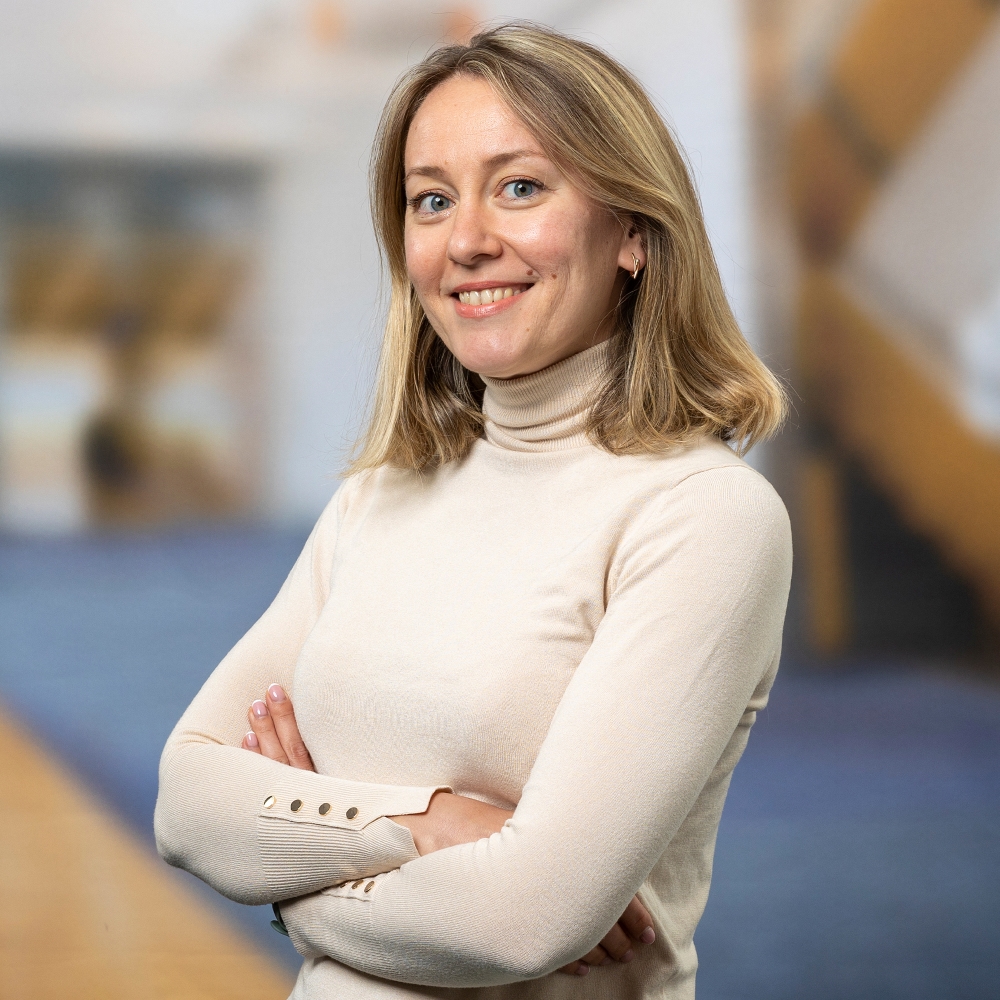
Olya Kudina
Assistant Professor of Ethics & Philosophy of Technology (Faculty of TPM)
Olya is an interdisciplinary researcher in philosophy/ethics of technology who explores the relation between human values and technologies. Her recent focus has been on AI and democracy in the framework of the AI DeMoS Lab that she founded and co-leads. To anticipate the ethical challenges and opportunities of technologies, Olya thinks it is essential to combine different academic practices and fields.
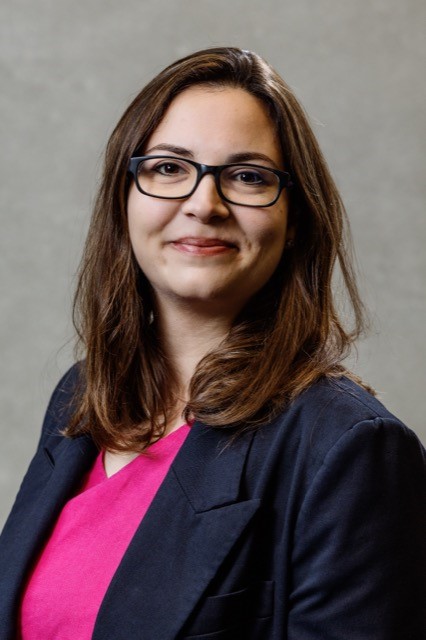
June Sallou
Postdoc researcher on green software & green AI (Faculty of EEMCS)
June’s research focuses on software engineering and sustainability, and more specifically how Approximate Computing can be applied to develop more sustainable (software) systems and green AI. “The energy and computational costs of traditional AI practices are not only high in financial terms, but they also have major impacts on our planet’s resources. The use of ICT is constantly increasing, with estimates that its energy consumption could reach as much as 21% of the global total by 2030. And climate change is something I am personally very concerned about, especially since it is largely caused by human activities. As a software engineer, I feel a strong responsibility to contribute to the solution, and not contribute to the problem.”
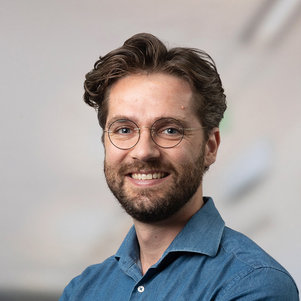
Moderator: Roel Dobbe
Assistant professor in Data-driven/Algorithmic Systems and Safety, Justice and Sustainability (Faculty of TPM)
Roel got to know Silicon Valley while living in the San Francisco Bay Area and doing his PhD on AI and control engineering at the Berkeley AI Research (BAIR) Lab. He works on an integrative systems theory and design approach for artificial intelligence and algorithms, which will allow for more accurate work on well-functioning systems, as well as a better understanding of risks. He is also co-founder of the AI Now Institute in New York where, among other things, he researches the relationship between AI and climate change

